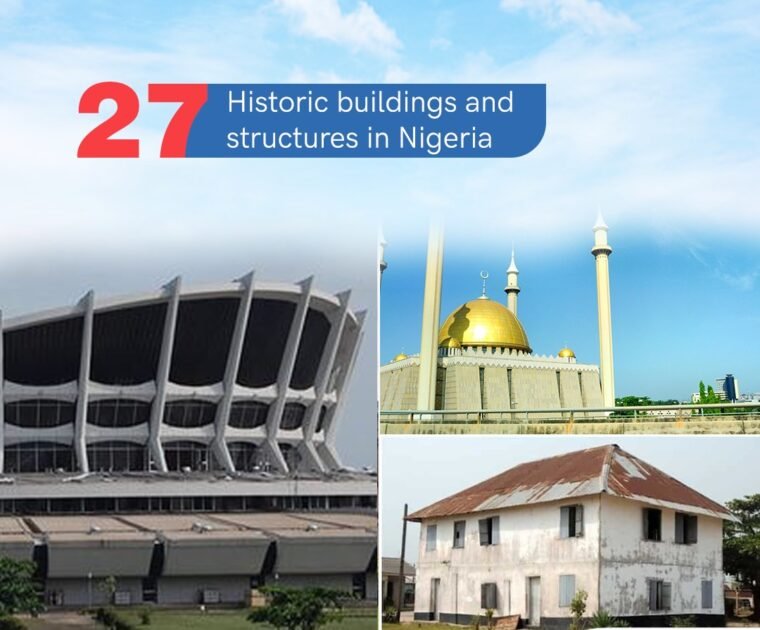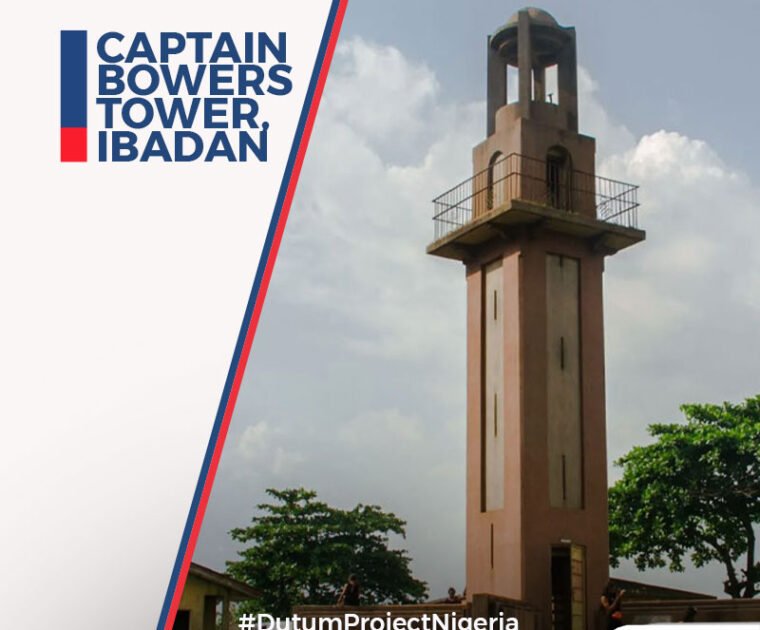The Niger Bridge, which connects Onitsha and Asaba, was completed in December 1965. Dumez, the French construction company, constructed it. Initial feasibility and design works began in the 1950s, and the bridge was completed between 1964 and 1965.
At the time the Niger Bridge was being built, Nigeria’s economy was predominantly agricultural; as a result, the bridge served as a means of transporting various agricultural products. Before the bridge’s construction, these goods were transported across the River Niger and Onitsha using canoes.
During the Nigerian Civil War, in an attempt to halt the Nigerian military advance, retreating Biafran soldiers destroyed the River Niger Bridge at Onitsha, trapping the Nigerians on the other side of the river.
The bridge was rehabilitated during President Goodluck Ebele’s Jonathan administration by replacing two spans on the Onitsha end of the bridge that was damaged during the war.
As a result of the events that led to the bridge’s construction, its functions during the precolonial and colonial eras, and the events of the Nigerian Civil War, it is safe to say that no bridge in Nigeria boasts of the historical and socioeconomic significance that the Niger Bridge has.
To date, millions of people travel daily from Asaba, Delta State’s capital, to Onitsha and back via the iconic River Niger Bridge, which has become a symbol of national enterprise. The bridge connects Eastern and Western Nigeria and is 4,606 feet long and 74 feet high.
Project Nigeria:
Project Nigeria Overview: 27 historic buildings and structures in Nigeria you should know
62 years of Project Nigeria: Episode 1
Episode 2: Outstanding women in the construction industry
Project Nigeria Episode 3: The first storey building in Nigeria
The 123-year-old Jaekel House
Episode 5: 3 things to know about the Ancient Kano City Walls
Sir Herbert Macaulay: Nigeria’s first Civil Engineer
Episode 8: History of the Abuja National Mosque
Project Nigeria Episode 9: The First Seaport in Nigeria
An overview of Mallam Aminu Kano International Airport
Cocoa House Ibadan: The first skyscraper in West Africa






13 Comments